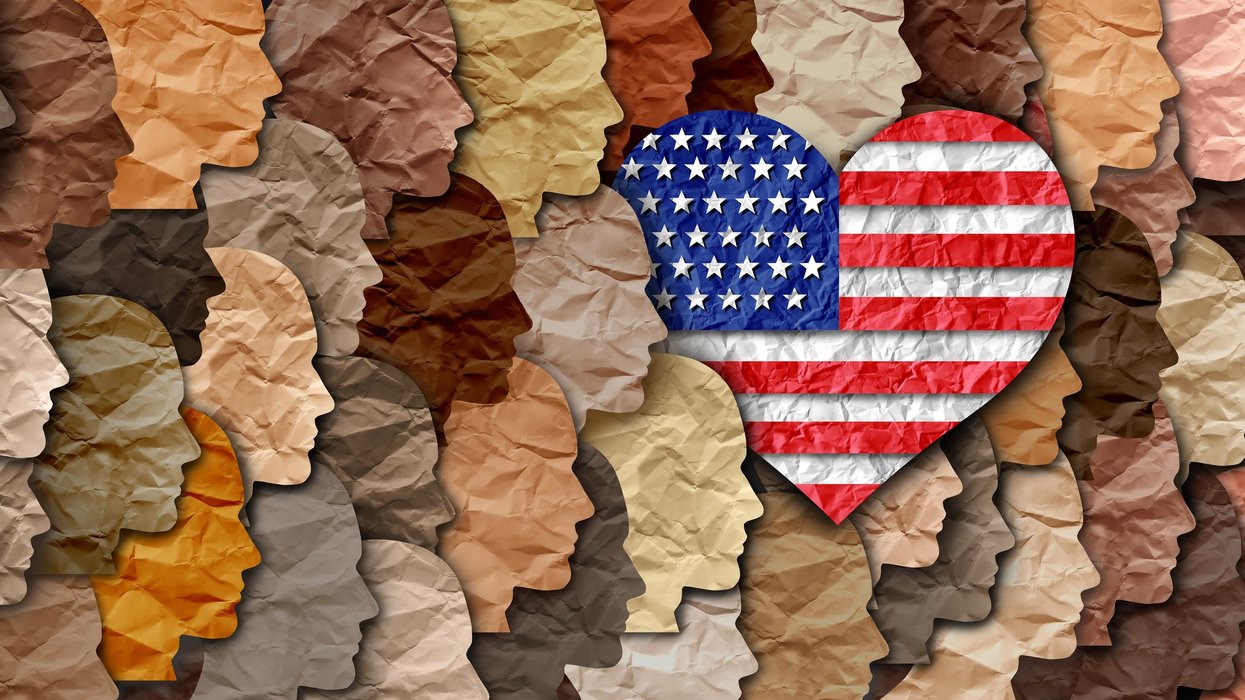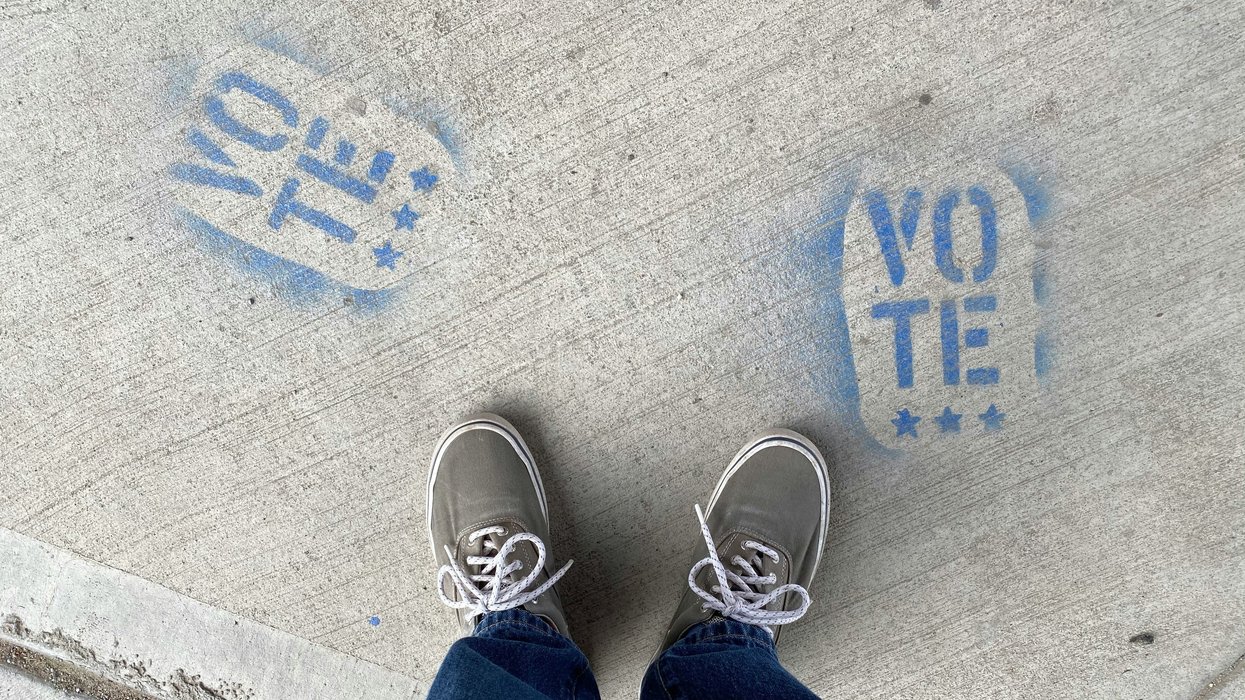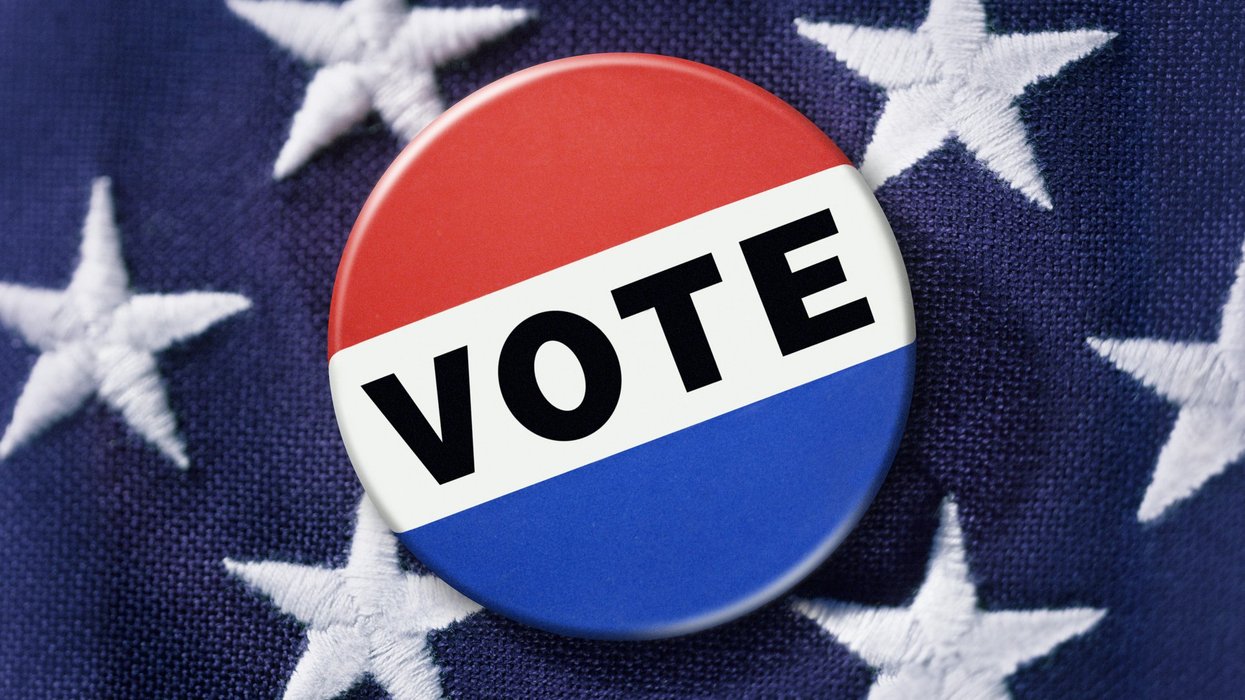Republicans have gone to federal court in a bid to prevent creation of an independent commission to draw Michigan's electoral maps, which voters ordered up last year in order to thwart partisan gerrymandering.
The plaintiffs in a lawsuit filed Tuesday are challenging eligibility guidelines that prohibit politicians and their families from sitting on the panel, saying those rules violate the free speech and equal protection rights of potential applicants to serve.
In a landmark referendum approved with 61 percent support last fall, Michiganders voted to turn congressional and state legislative redistricting for the next decade over to a new panel of four self-identified Democrats, four self-identified Republicans and five unaffiliated members.
The proposal was championed by people angry at how Republicans had drawn the state's maps to assure the dominant color would stay red even after elections with most ballots for blue. (For example, the same day the referendum was adopted, the GOP stayed in control of the state House even though Democratic candidates won more votes statewide, although Democrats did pick up two U.S. seats for a 7-7 split.)
Since the Supreme Court ruled in June that federal courts may not referee when partisanship in mapmaking goes too far, the role of such ballot initiatives has gained prominence for anti-gerrymandering activists.
Sign up for The Fulcrum newsletter
People who have been on any ballot or held any partisan appointment in the last six years, their employees and lobbyists are barred from being commissioners – and so are their parents, children and spouses. Restricting family members from serving is one of the ways the new law is unconstitutional, say the 15 GOP plaintiffs.
Their litigation is being funded by Fair Lines America, a nonprofit with ties to the National Republican Redistricting Trust, where former GOP Gov. Scott Walker is treasurer
The Democratic secretary of state, Jocelyn Benson, who is in charge of choosing the commissioners by September 2020, said she would keep that process going while fighting the suit.
"Michigan is one of the most gerrymandered states in the nation, but voters pushed back by overwhelmingly supporting the new redistricting amendment so voters choose their politicians — not the other way around," a spokeswoman for Voters Not Politicians, the grassroots group formed to push the ballot measure, told the Associated Press. "We're confident that the proposal will survive any and all legal challenges, just as it did from many of these same politicians on the way to the ballot."




















